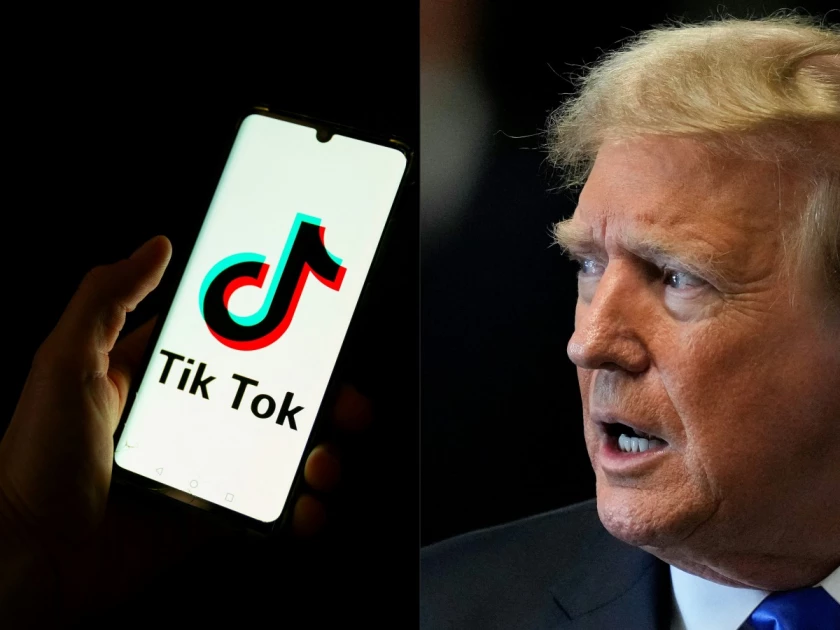Former US President Donald Trump’s unexpected venture onto TikTok has garnered substantial attention, with over 2.2 million followers flocking to his account within a mere 14 hours of its launch. This rapid surge underscores Trump’s enduring influence and the public’s enduring fascination with his activities, notwithstanding the ongoing tensions and controversies surrounding the platform.
Trump’s arrival on TikTok occurs amidst the backdrop of strained relations between the US government and ByteDance, the Chinese company that owns TikTok. Heightened concerns regarding privacy and data security have fueled debates and regulatory scrutiny. Despite these challenges, Trump’s presence on the platform has swiftly become a focal point of discussion.
His prompt accumulation of followers on TikTok underscores his continued popularity and his knack for engaging a vast audience. In a matter of hours, his TikTok account skyrocketed to become one of the most-followed new accounts on the platform, a testament to his formidable digital footprint and the ardent interest of his supporters.
Trump’s decision to embrace TikTok is noteworthy, given his administration’s prior attempts to ban the app in the US due to national security apprehensions. This move raises pertinent questions regarding privacy and data security, issues that have been hotly debated between US authorities and TikTok’s proprietors. The platform’s privacy measures have long been contentious, sparking ongoing discussions about safeguarding user data and mitigating potential foreign influence.
Since joining TikTok, Trump has shared a variety of videos catering to his base, revolving around themes such as patriotism, political commentary, and glimpses into his personal life. His content strategy seems to capitalize on his established communication style, blending direct messaging with a dash of entertainment, thereby maintaining audience engagement and eliciting responses.
Trump’s foray into TikTok could carry broader implications for the platform and its user community. It might attract a more politically-engaged demographic to the app and potentially influence its role in political discourse. However, it also invites heightened scrutiny and could escalate tensions surrounding the platform’s usage and regulatory status in the US.
Moving forward, Trump’s presence on TikTok is poised to remain a significant point of interest as he navigates his post-presidential endeavors. It will be intriguing to observe how he utilizes the platform to connect with followers, shape public opinion, and potentially influence the political landscape. For TikTok, accommodating such a prominent and controversial figure presents both opportunities and challenges, particularly in striking a balance between user engagement and addressing privacy concerns.



